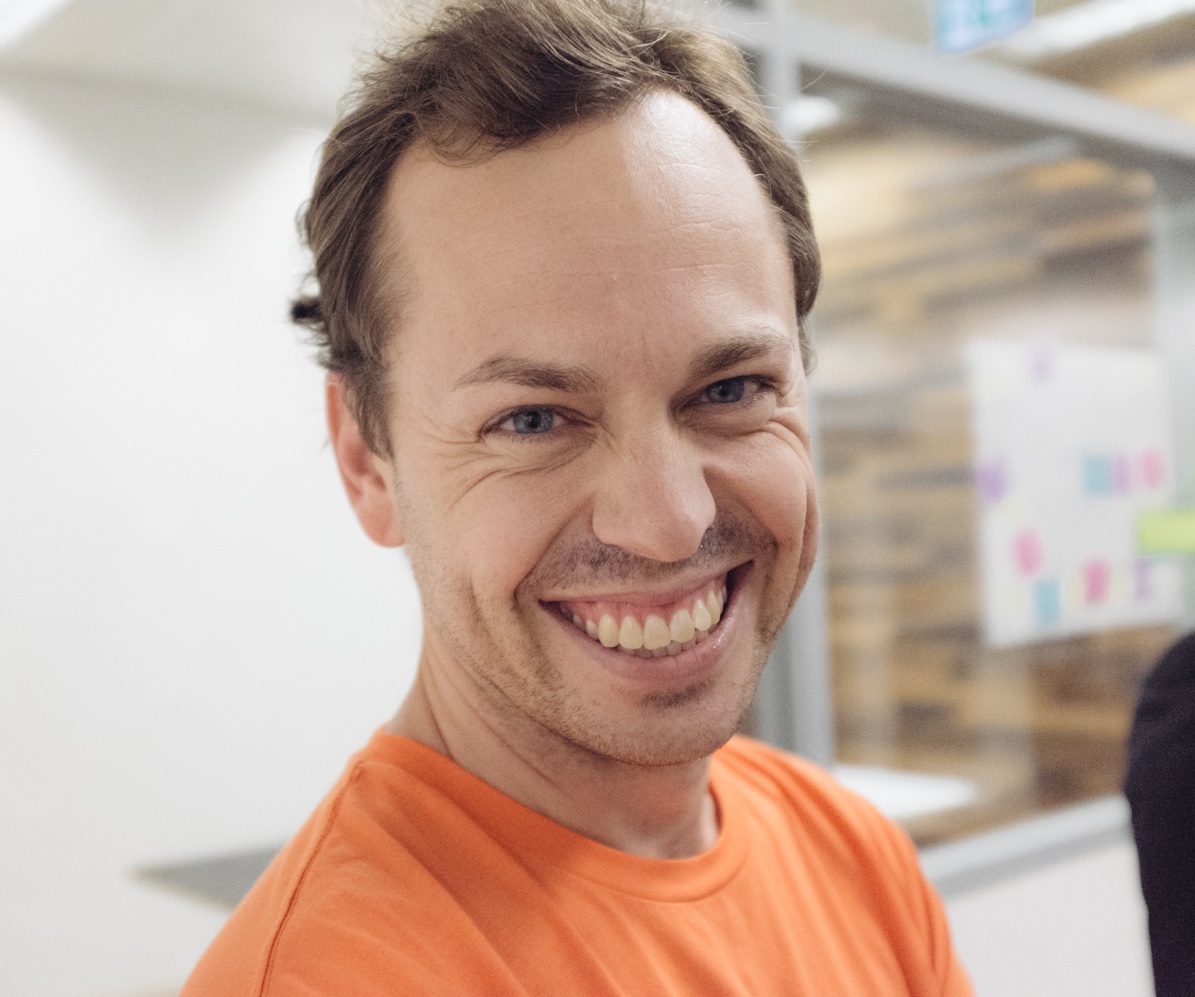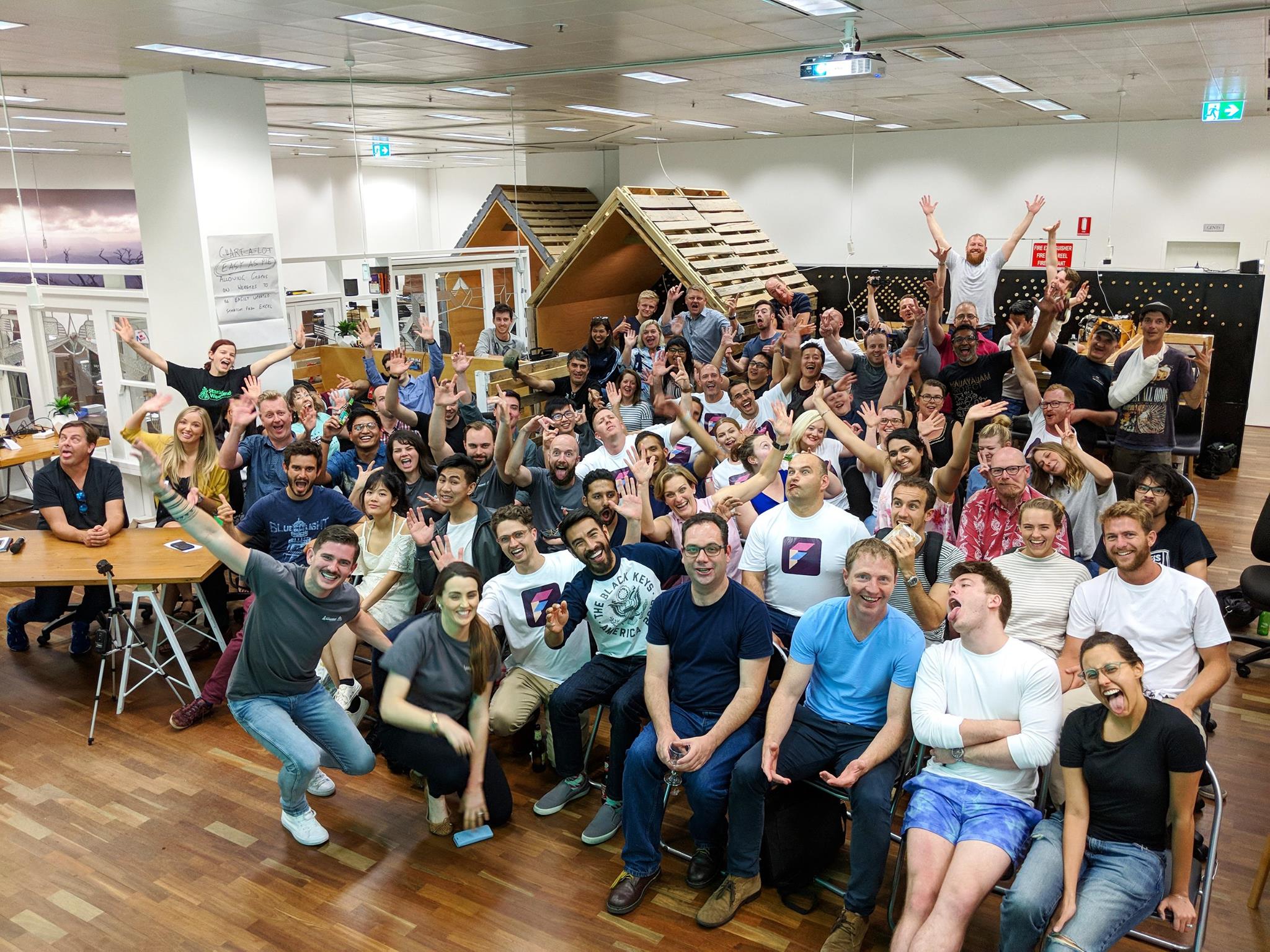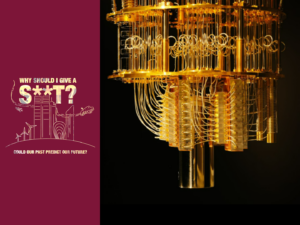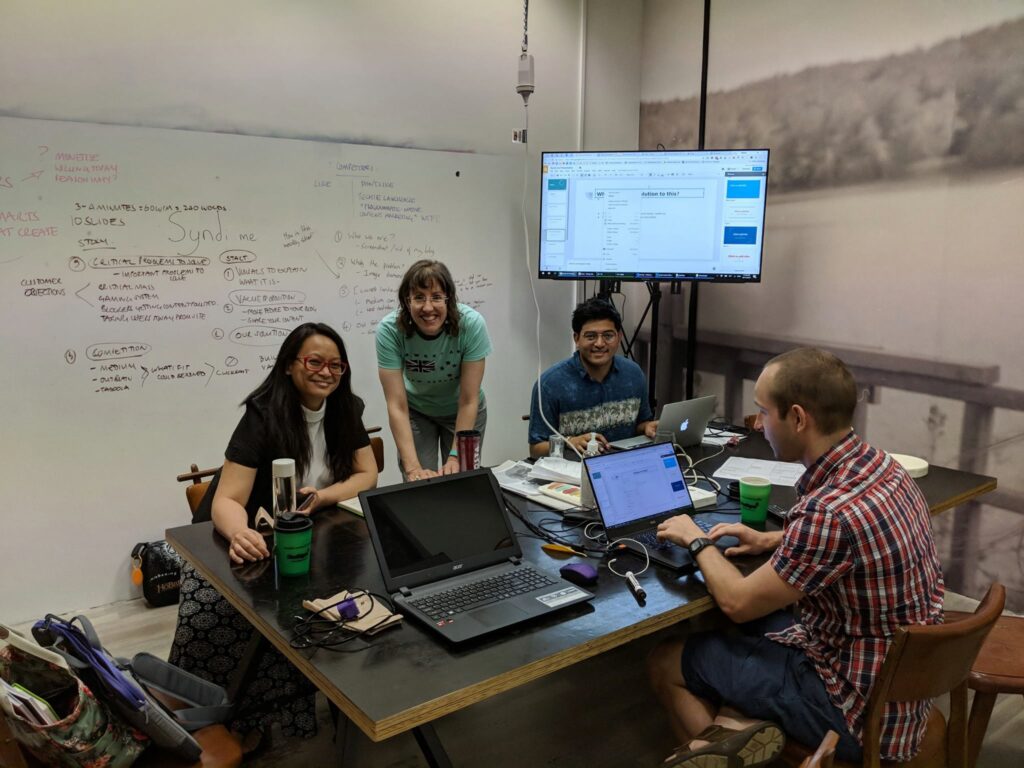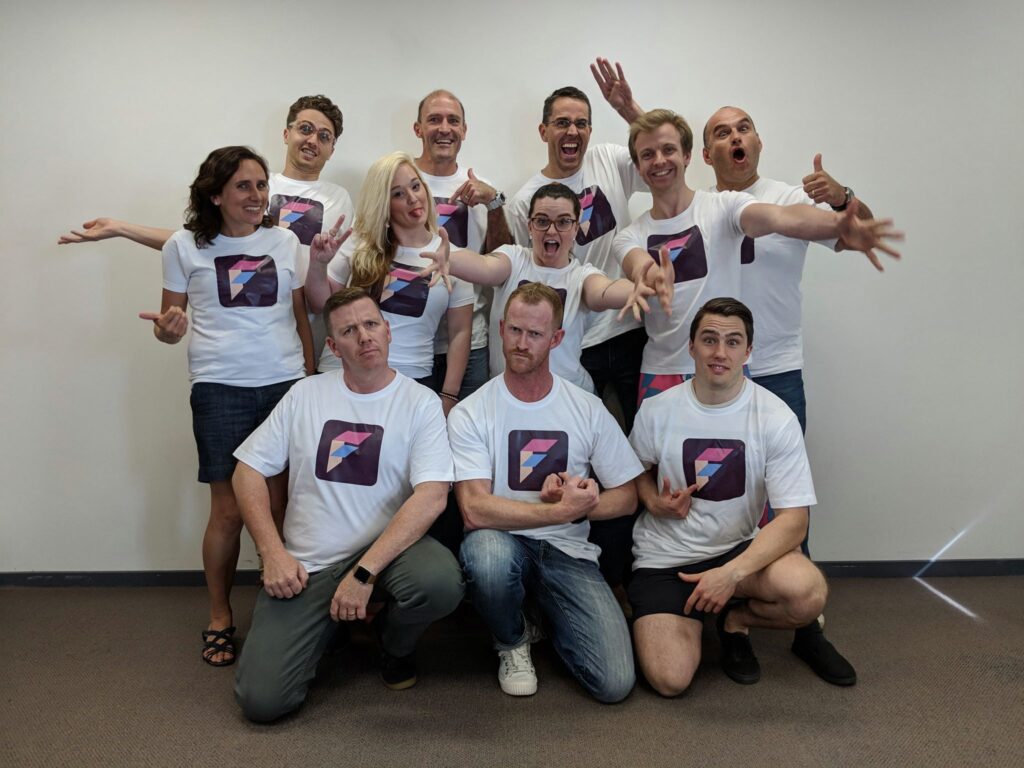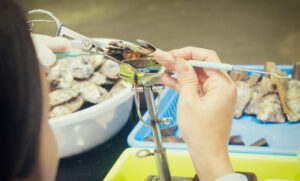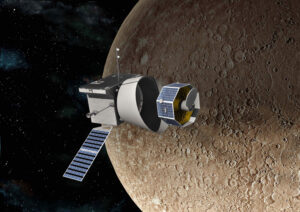On face value, ‘hacking’ and ‘social impact’ seem contradictory—one implies dodgy programmers hacking away, trying to get their hands on our precious data, while the other sounds like humanitarians striving to make the world a better place.
But these two themes are being woven together at events such as June’s Startup Weekend Social Impact hackathon.
Don’t worry, it’s not that kind of hacking. In a hackathon, the hacking part refers to solving a problem rather than breaking into systems to steal personal information. It does require some of the same skills, such as working with numbers, creating a plan of attack and having the patience to spend many hours working towards your goal.
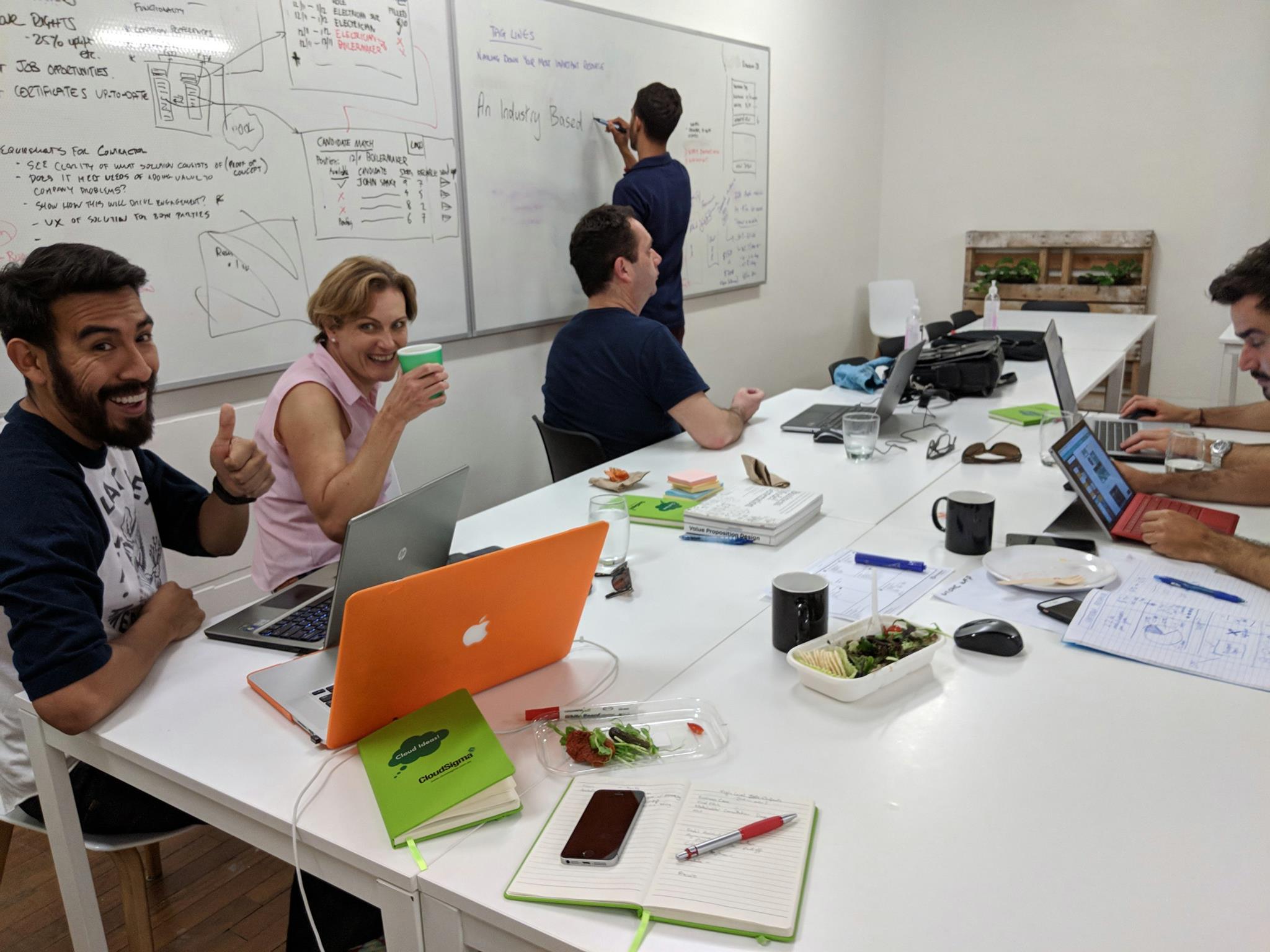
As someone who was involved in bringing the first Startup Weekend to Perth back in 2012, to me, they are the original hackathon. We had a group of like-minded people come together over 54 hours to identify problems, pitch their ideas and collaborate to build a startup business.
Startup Weekend began as a one-off in Boulder, Colorado, and has since scaled to more than a thousand cities, with dozens of events taking place each weekend globally, touted as “the ideal environment for startup magic to happen”.
Making the world a better place, one hack at a time
The upcoming Startup Weekend Social Impact event is being coordinated by Spacecubed and Skills of the Modern Age (SOMA) as part of the Social Impact Festival in June.
As their website explains:
All Startup Weekend events follow the same basic model: anyone is welcome to pitch their startup idea and teams organically form around the ideas that most resonate with people.
This event will focus on developing ideas that solve social issues. Given the broad definition of ‘social impact’, we’re not putting bounds on what you come up with – the sky’s the limit!
The types of themes that they encourage participants to explore include promoting sustainability and green living, championing equality and diversity and encouraging communities and belonging.
Profit is not a dirty word
When it comes to validating their ideas, one of the biggest problems social impact entrepreneurs face is the same challenge as their not-for-profit colleagues: “How do I make money?”
The first step is identifying possible revenue streams, going beyond government grants and handouts to generate real income that could make their project sustainable. For a socially motivated founder, this might be a challenge, but the collaborative nature of these events helps stimulate new ideas to generate real cash flow.
As well as validating their idea and ensuring its longer-term sustainability, this releases teams from the endless cycle of grant application and acquittal forms so they can focus on what really drives them—changing the world for the better.
Paying it forward
Startup Weekends aren’t the only events taking advantage of the hackathon format.
Other socially minded hackathons have been run with great success elsewhere in Australia, usually around a special cause or group of people.
For example, in 2015, Techfugees Australia launched to connect the technology and startup ecosystem to recent migrants and newly arrived refugees. Aiming to solve some of the problems refugees face upon arrival in Australia, Techfugees has now run four hackathons, expanding to Sydney, Melbourne, Brisbane and Adelaide.
Governments are even beginning to embrace the hackathon movement as they recognise the need for more flexible, innovative approaches to solve problems in an increasingly fast-paced digital world.
Queensland’s Department of Environment and Science and the Australian Department of the Environment and Energy jointly called for innovative solutions to boost the abundance of coral on the Great Barrier Reef. Funding of $1 million has been made for the feasibility stage, with individual projects able to receive up to $250,000.
With incentives like that on offer, who knows what solutions we could come up with to address other maritime challenges in WA—sharks, anyone?
Last year, Ministry of Data ran its first hackathon event with the support of the State Government. Agencies reverse-pitched a handful of internal challenges and invited developers and data aficionados to deliver a product with the agency as a ready-made customer. They have just announced their second MoD later this year will have an ag-tech focus, supported by the Department of Primary Industries and Regional Development.
Fiona Stanley Hospital did something similar in November 2017, inviting healthcare professionals, researchers, programmers and aspiring entrepreneurs to co-develop “creative solutions to public health challenges”.
There is nothing wrong with wanting to be the next Mark Zuckerberg, Elon Musk or Steve Jobs. Combining your passion and purpose with the pursuit of profit doesn’t have to be mutually exclusive
The internet has created a whole new world for all of us to make our mark on. What could you do to make a difference?


